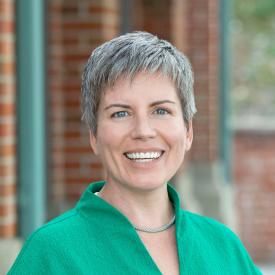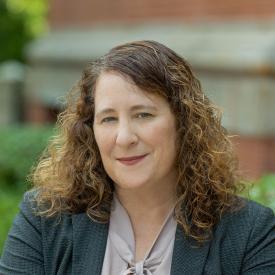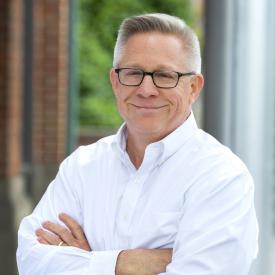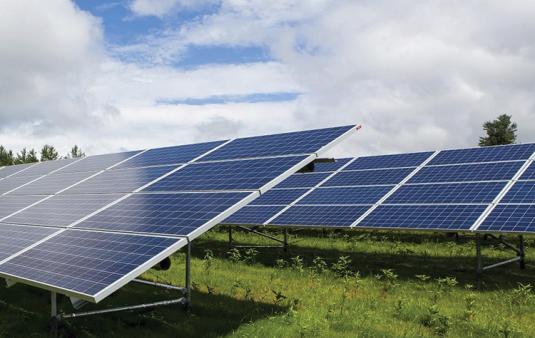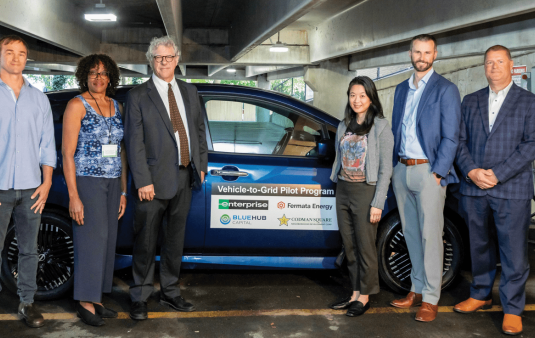From 2007 to 2025, BlueHub Energy was the hub of BlueHub’s resiliency work. Through innovative financing and business models, BlueHub Energy expanded access to solar and other renewable sources for people with low incomes, helping them build both economic and environmental resilience.
Electric Vehicle Pilot
BlueHub Energy partnered with Fermata Energy, Enterprise Holdings and Codman Square Neighborhood Development Corporation to launch a first-in-the-nation vehicle-to-grid (V2G) pilot program. Using a Nissan LEAF EV and bidirectional charging, the initiative provided low-cost electric vehicle access for residents of an affordable housing complex in Dorchester, MA, while generating income for the property through utility demand-response programs. The project aimed to lower transportation costs, reduce pollution and bring EV technology to communities historically left out of the transition.
Solar Initiatives
Starting in 2007, BlueHub Energy installed rooftop solar systems for affordable housing, nonprofits and municipal facilities, lowering electricity costs by up to 30% and stabilizing prices over time. Shared solar projects further reduced costs for dozens of developments and a pilot program delivered direct solar credits to residents, cutting electric bills by an average of 50%. Over time, these solar projects generated over 8 million kilowatt hours annually—enough to power 1,000 homes. BlueHub Energy’s policy advocacy contributed to reforms in Massachusetts solar incentives, enabling public housing organizations to benefit from renewable energy and yielding long-term cost savings and environmental benefits.
Consulting
BlueHub Energy built on its expertise in solar power to bring the benefits of sustainability to affordable housing and nonprofit facilities by investing in green technologies like WegoWise, a utility tracking software for multi-tenant buildings. In addition, it explored healthier and more cost-effective building materials, and developed pilots for emerging new energy markets. The goal of this work was to create better buildings that are cheaper to operate, easier to manage, healthier to live in and a source of pride for the people who live in and around them.
Why Our History Matters
Although BlueHub Energy is no longer active, it remains an important part of BlueHub’s legacy. It reflects our early leadership in advancing environmental equity and our ability to design and implement innovative, high-impact solutions. It demonstrates a longstanding commitment to sustainability, community resilience and system-level changes that continue to inform our mission today. For those looking to partner with us on climate-focused initiatives, our track record provides a strong foundation of experience and credibility in serving under-resourced communities through forward-thinking solutions.
